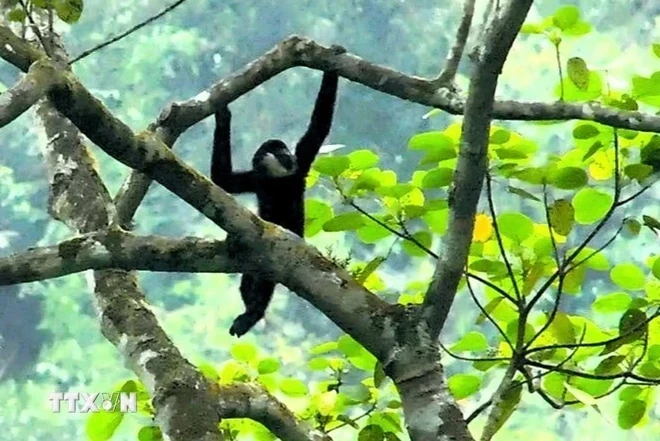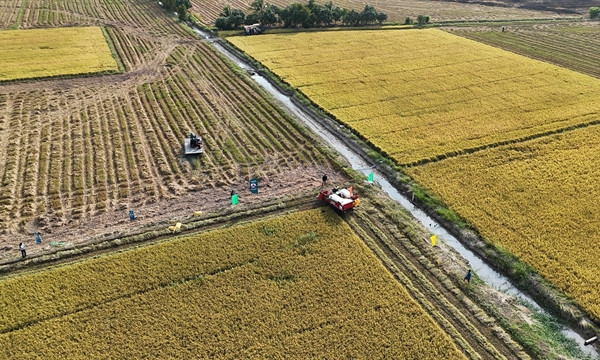Approval of national biodiversity conservation plan to 2050
Deputy Prime Minister Tran Hong Ha on November 8 signed Decision No. 1352/QD-TTg, approving the National Biodiversity Conservation Plan for the 2021-2030 period, with a vision to 2050. The plan aims to expand protected areas to 6.6 million ha through the establishment of 61 new conservation zones. 
The overarching goal is to increase natural ecosystem coverage, ensure ecological integrity, and connect diverse habitats.
The plan will protect rare species, preserve valuable genetic resources, and develop a network of nature reserves, biodiversity corridors, high-biodiversity areas, and essential wetland zones to help address climate change and promote sustainable development.
Key initiatives include expanding and upgrading existing reserves, creating 61 new protected areas, and increasing protected land to approximately 6.6 million ha nationwide.
The initiatives also include the development of a robust system of biodiversity conservation facilities and corridors and recognising important wetland areas of national significance.
The plan divides Vietnam into eight ecological regions: Northeast, Northwest, Red River Delta, North Central, South Central, Central Highlands, Southeast, and Mekong Delta.
Eight key strategies will support the implementation, with a focus on policies, capacity building, funding, community awareness, international cooperation, and monitoring. Enhanced scientific research and technology adoption are central, including a remote sensing and geographic information system (GIS) to oversee biodiversity, models for sustainable ecotourism, and community-led conservation efforts.
Efforts will also raise awareness of biodiversity laws and strengthen responsibilities among management officials and communities around high-biodiversity areas.






